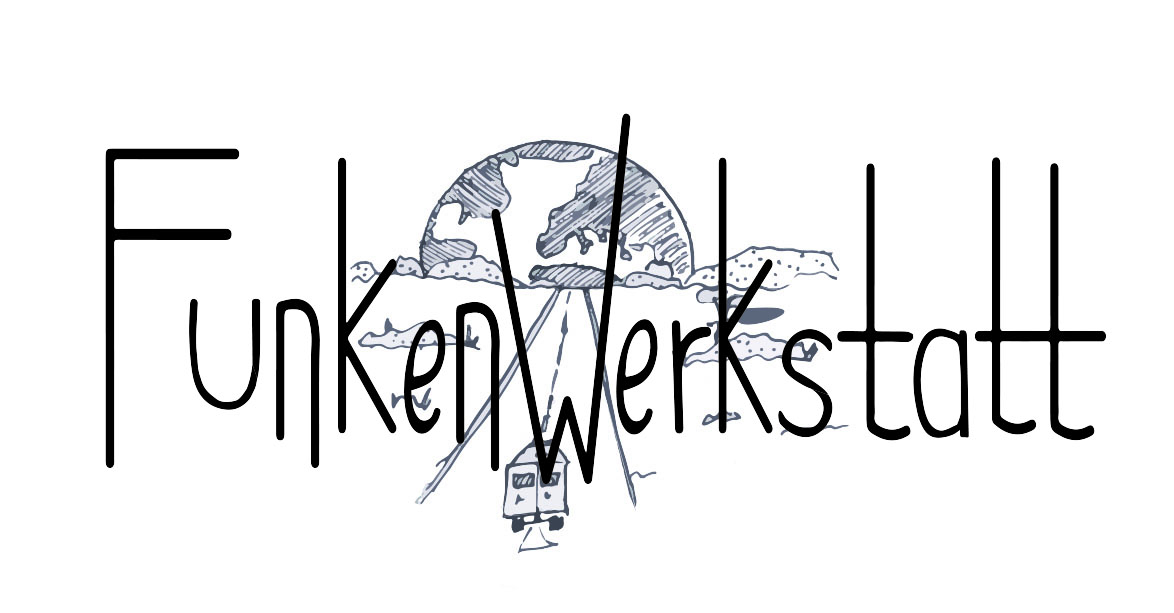Obelisk Hemp Farm in Latvia shows there is more to do with hemp than smoking


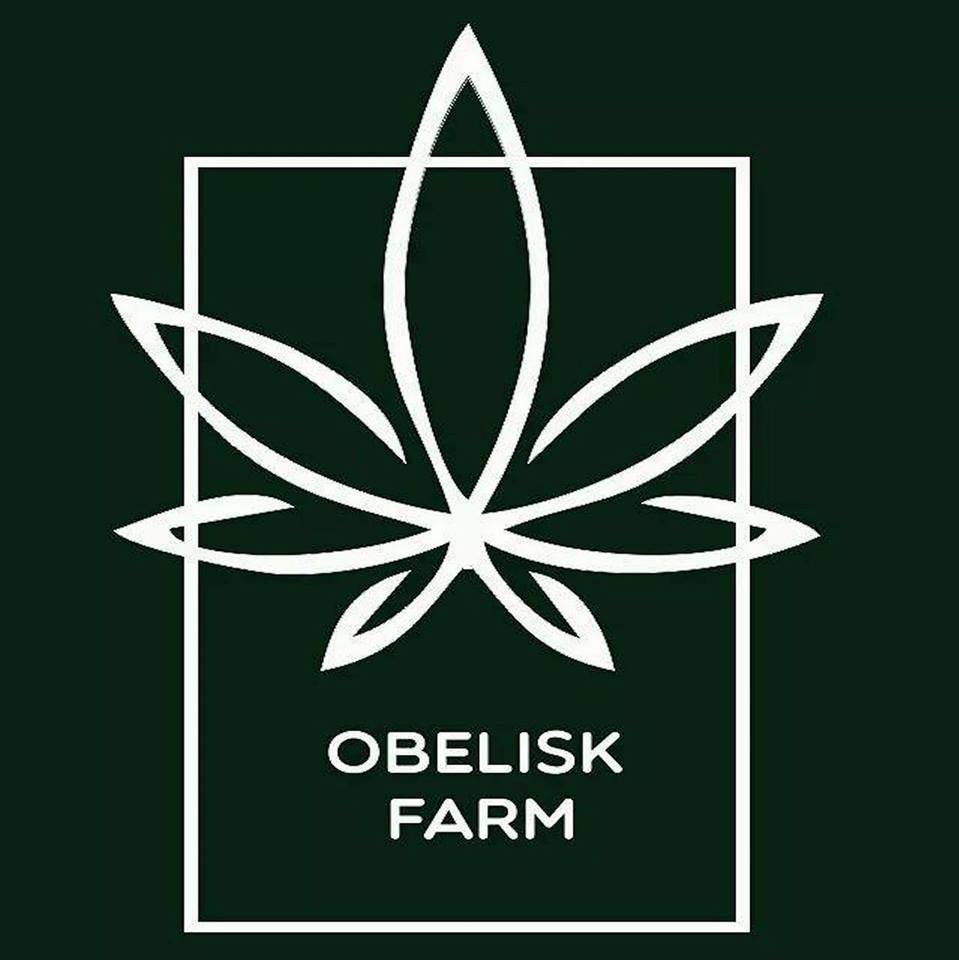
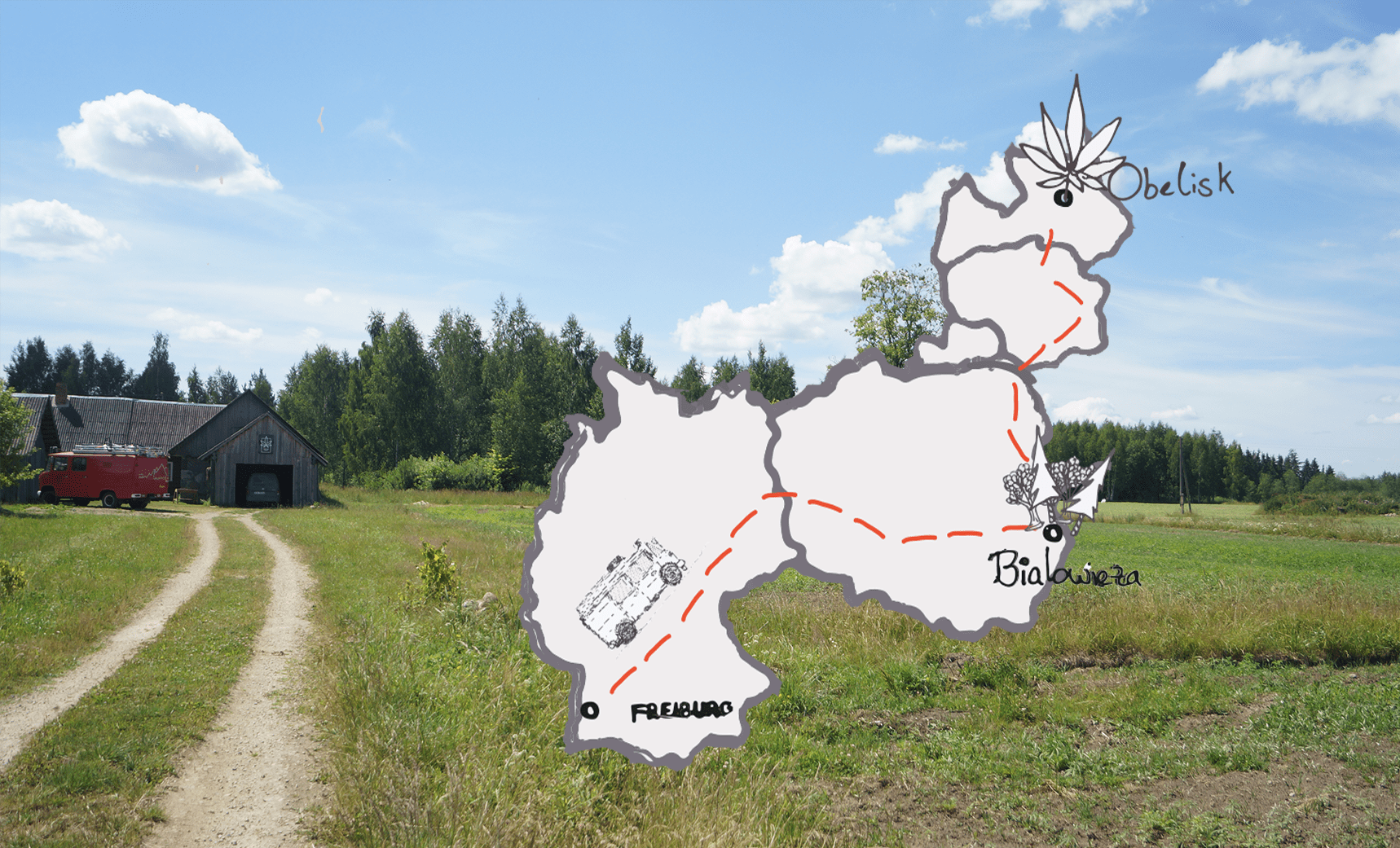
Whenever the talk is about hemp, or as most people know it – cannabis, they rather think about the drug than the raw material. Hemp has a long history of being grown and used throughout the ages – it was only since after World War II and the subsequent prohibition of cannabis as a drug in the United States that the plant became so negatively connoted. The legal situation in Germany, for example, is difficult: possession of even small amounts of any part of the plant will in some states be prosecuted by law.
In recent years however, the tides began to shift with the widespread legalization of hemp around the world. While, in general, still illegal in Germany, medical use of cannabis is now allowed just like hemp farming for industrial use. In practice though, it’s very difficult since farmers are obliged to get a license – which is by no means easy. In Latvia, the situation is similar – growing cannabis containing THC is being prosecuted by law. It is possible to grow low-THC plant varieties, as long as farmers have a license and plants are grown on a field, not indoors or in a greenhouse.
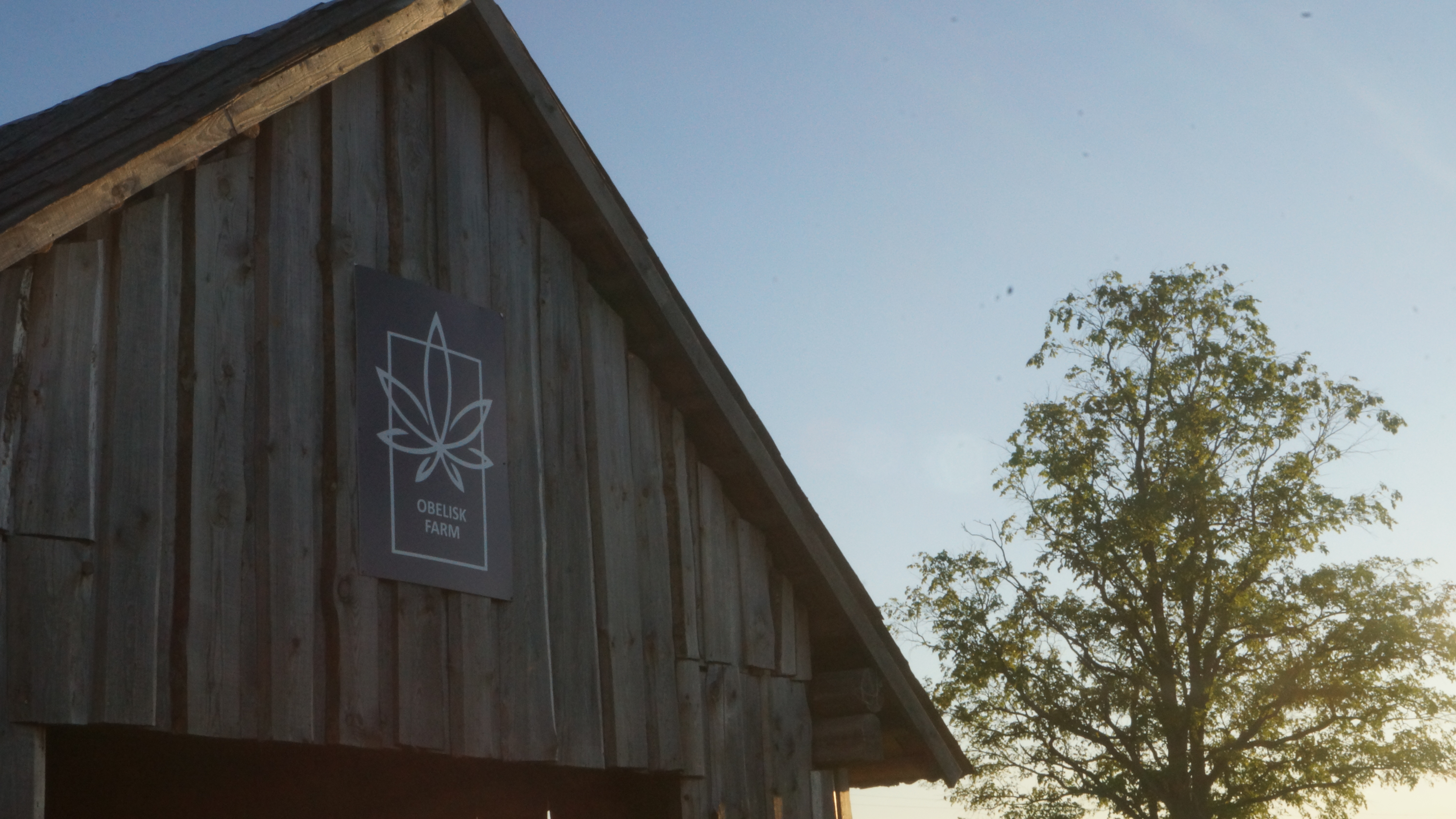
With climate change affecting all of us, the world’s population growing and consuming more and more resources -mostly non-renewable and non-degradable – it is important to focus on renewable and sustainable materials. Luckily, part of the answer is in plain sight: hemp, which has been unjustly criminalized, is beginning to grow back into focus. It can be used for building, making clothes, as food and even for medicine. To find out more about the benefits of this plant, we went on a journey to Obeliskas, a tiny village in the heart of Latvia. Here, we met Andris and Deborah, who gave us insights into their hemp business. They produce lots of different hemp-related products and run a school aiming to educate people about the benefits of hemp.
In Obeliskas, which lies in the eastern part of Latvia in the Latgale region, Andris and Deborah have made their dream of running a hemp farm come true. It has already been three years since the family moved from London to Latvia to transform a rundown farm into something truly special. The beginning posed challenges – from getting stuck in the middle of a muddy road on their first day in Latvia, to rebuilding the old houses and
infrastructure to make the place livable. It was lots of hard work until the project began to run smoothly.
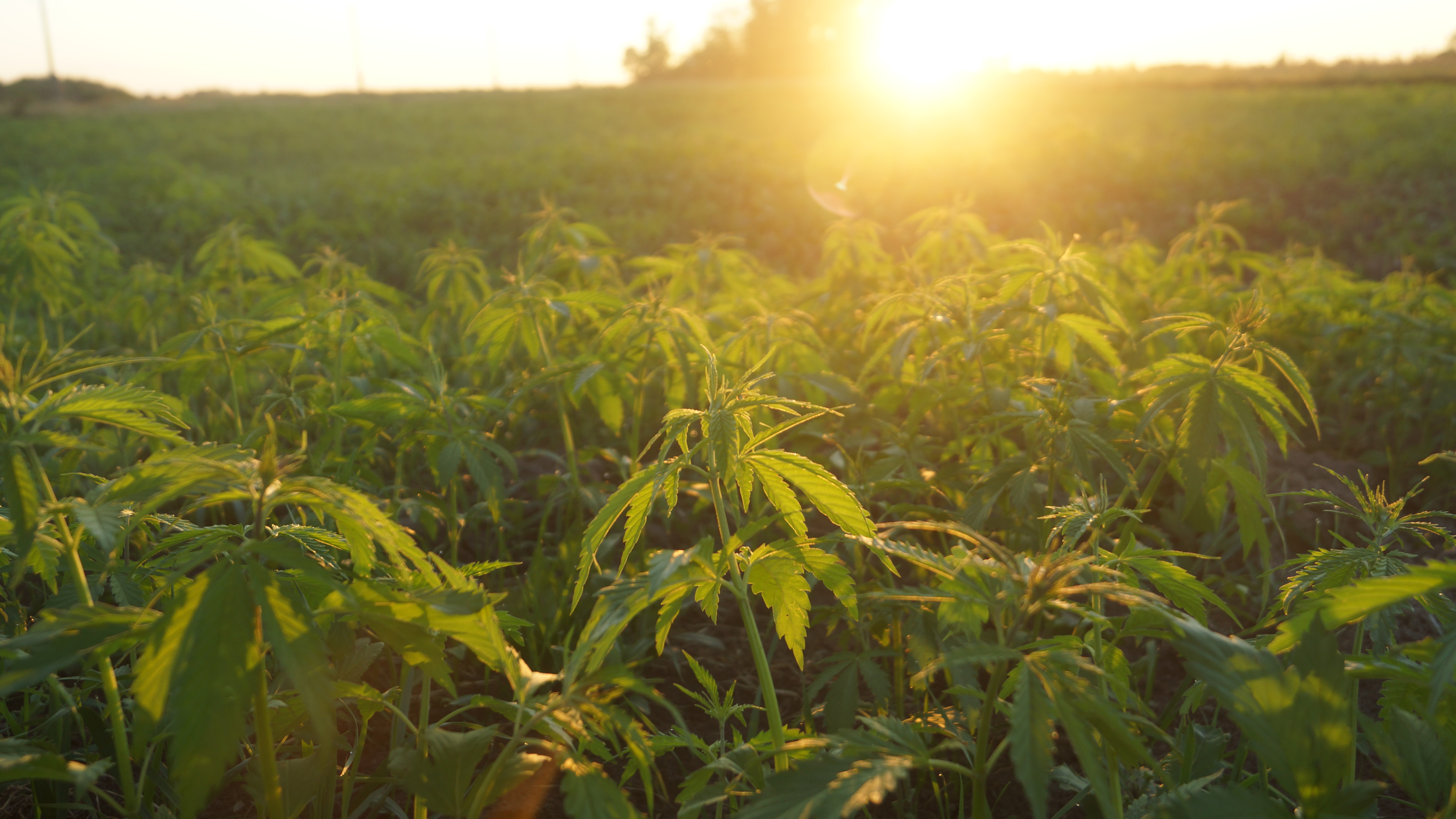
Andris and Deborah founded the hemp farm without much in-depth knowledge or educational background about hemp as a material. They had to find out all about growing conditions, products and production by themselves – sometimes even by trial-and-error. “There was a lot of YouTube involved. We also learned lots
out of reading”, Andris told us. “We expected it would be a little easier to get detailed information, for example about when to plant or which seeds to choose.”
“Somehow, I put in my head that it would be very easy to get the information, but it’s not. We made a lot of mistakes, but everything is possible. Seeing how this is developing, and still getting more and more interesting, being involved in all of this as a family – it’s really amazing.” Andris and Deborah kept finding out more, and with time, became experts themselves. They told us a lot about the benefits of the hemp plant. The plant, from an agricultural perspective, is in general good for the soil it grows on.You can make a variety of everyday-products from hemp, such as paper or other materials. Ropes, cloth, and clothes can be made from hemp fibres. They can be used for building insulation in the form of hempcrete and even in the car industry. Many parts of the plant can be used in the kitchen. For instance, while squeezing out the oil out of the seed, one also gets the hemp protein. The hemp flower is being used for tea and even the roots are edible. According to Andris, it`s great against illness, such as stomach pains.
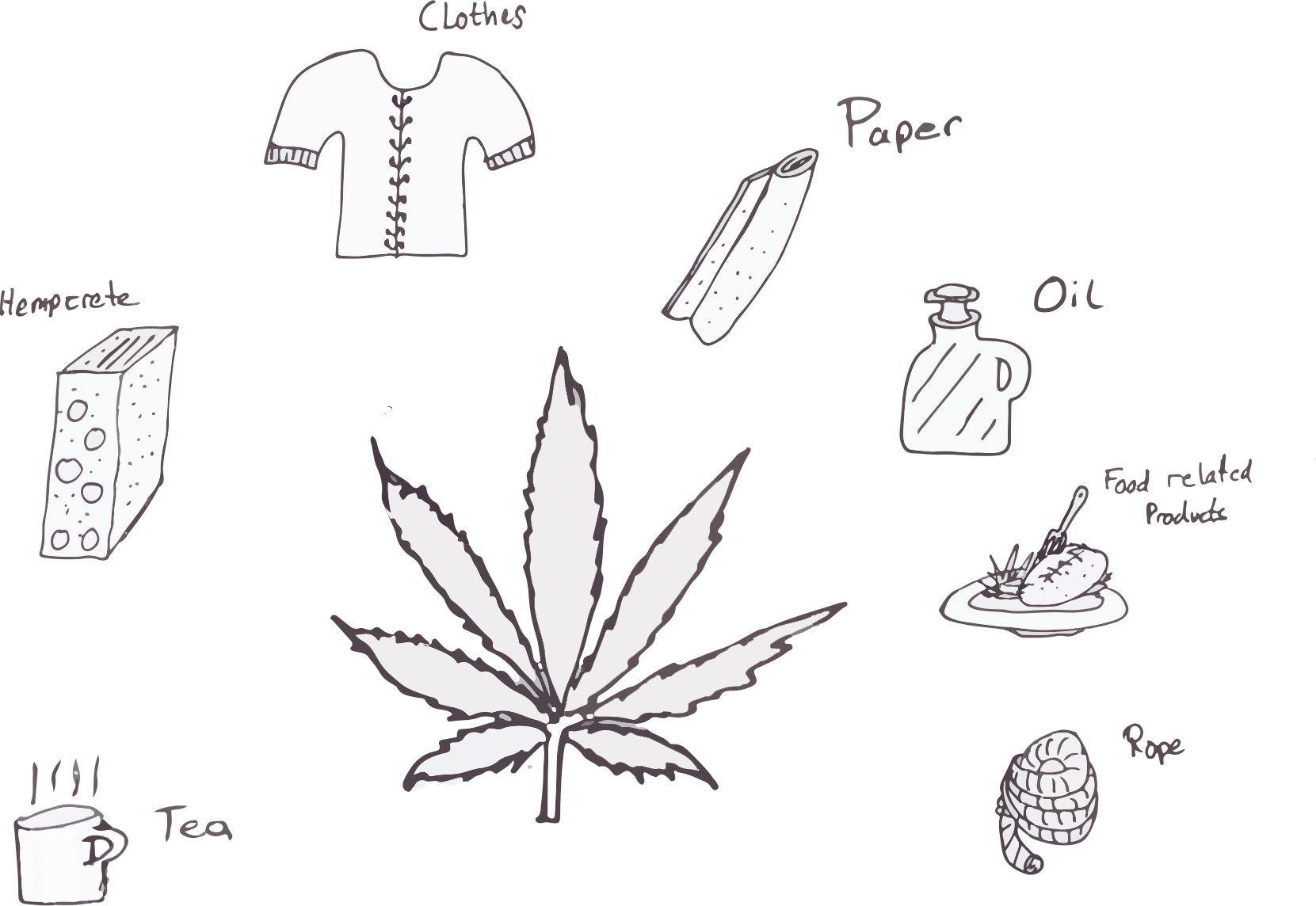
Having learned a lot from their experiences, Andris and Deborah decided to pass on their knowledge. Their idea of the Obelisk Farm consists not only of growing and producing hemp, their focus also lies on sharing the information with others. Andris has been visiting schools to educate kids about hemp, showing them how to make their own hemp paper. “I really want to get the stigma out – it is not for smoking. If there are thirty kids in a class, while being really excited about making the paper, maybe one will really remember it and even go to university to learn more about it and develop the ideas.”
On the other hand, Andris and Deborah, while going about their usual farming business during the summer months, have also created the opportunity to visit the farm as a tourist. They offer hemp tours, hemp workshops and as of now, even a hemp museum is on its way. The idea of passing on the knowledge is especially important to Andris, who believes that, because of its sustainability, hemp might be the rescue of the planet: “My dream, in general, is for hemp to become so common, that the idea of using hemp to save the planet reaches the people – the main idea is that hemp can save the planet. People just need to know about it. I think it will happen in our lifetime, it’s achievable.”
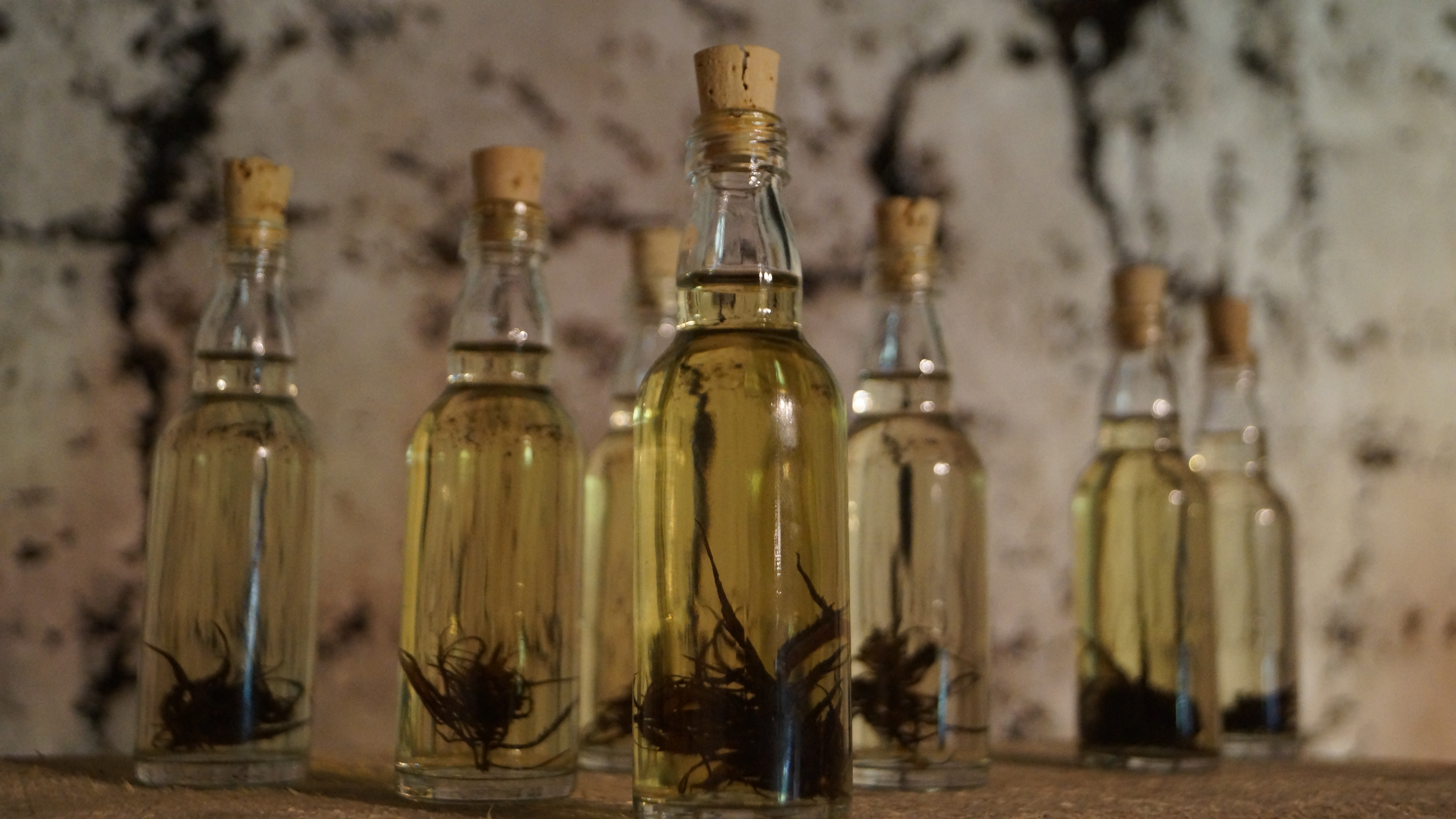
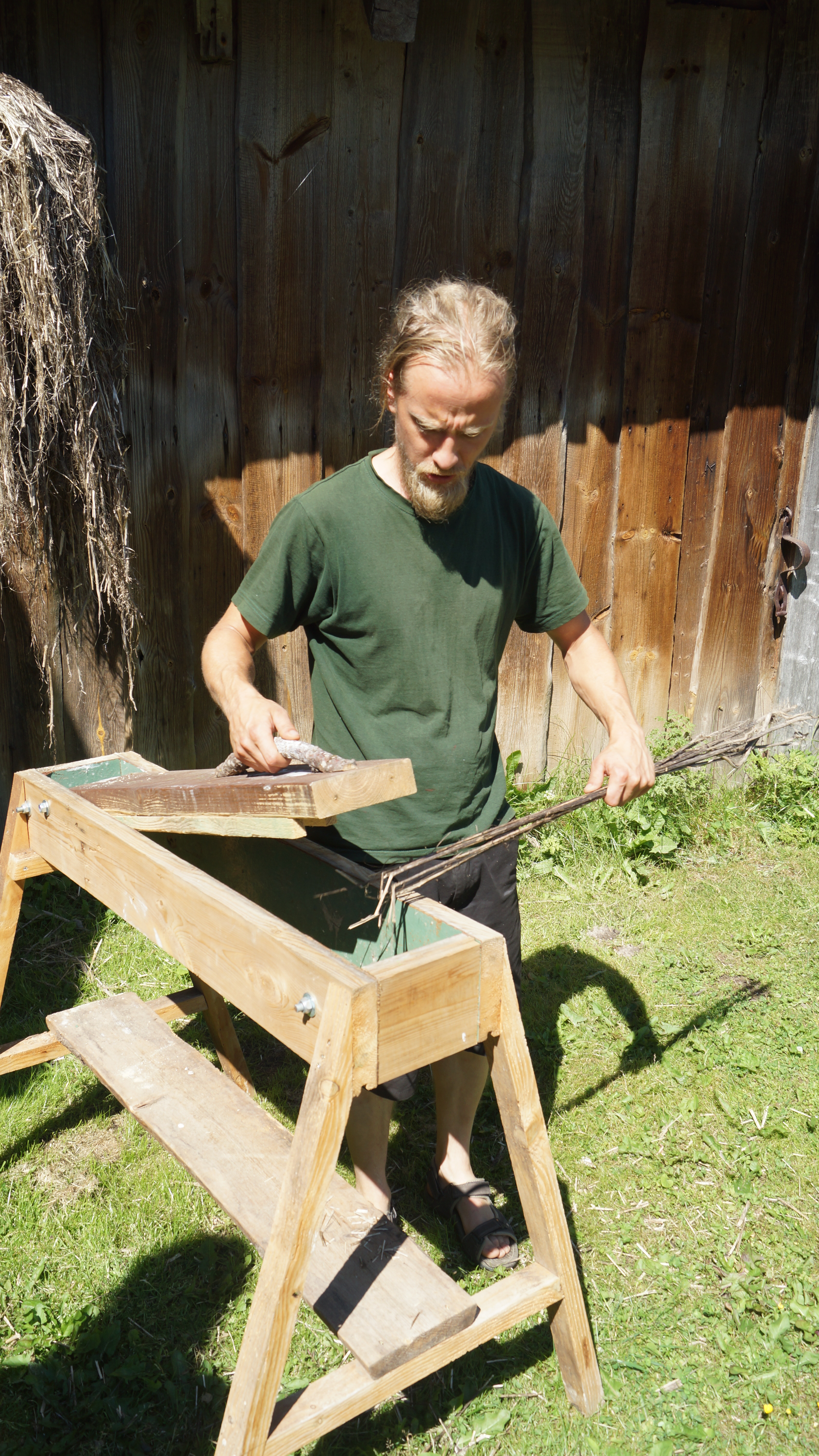
This is the reason behind the interactive workshop Andris and Deborah are offering during summer and early autumn. They also told us about how the most important thing is the fact, that it is hands on experience: “I think it is very important that you don’t just tell people ‘oh you can do this, you can do that’ and that’s it. We have the tours, people come to our farm and they see what we do, and then they get the opportunity to try it out themselves. They learn how to break the straws, how to extract the sheaves, they have a tasting of the products we are actually making here… It’s very important that you can feel and touch the products and experience them with all senses, that really facilitates the idea, what the material actually is.”
Furthermore, they also publish hemp related YouTube videos and run their own hemp blog, which ensures the diffusion of the information all over the globe. In addition, Andris and Deborah both are going back to university, to broaden their knowledge even more. While Deborah will be starting a course in media and communication, which also, in a way, will help the development of their media appearance, Andris goes back to university to study more about food technology, to gather more knowledge in that area.
At the same time, since Obelisk Farm is producing food already, Andris partakes in a big food exhibition of the Baltic States every year, where all the food companies display their products. That way, even more people get to learn about the benefits of hemp.
Andris’ and Deborah’s biggest challenge yet is the hemp school project, which they want to be available during the whole year, not just the warm months: “We hope that we can make the hemp school to be available, for it not to be seasonal… We don’t have proper ceilings, floors and heating yet, so we dream of having that, so we can continue throughout the winter. We want to give people the opportunity to be able to come here and learn about hemp all year long. In the summer months, the hemp is growing, but in the winter, after the summer harvest, the farm life continues. We have to dry and clean the seeds, arranging everything for the production. The hemp school should be going on during that time, too.”
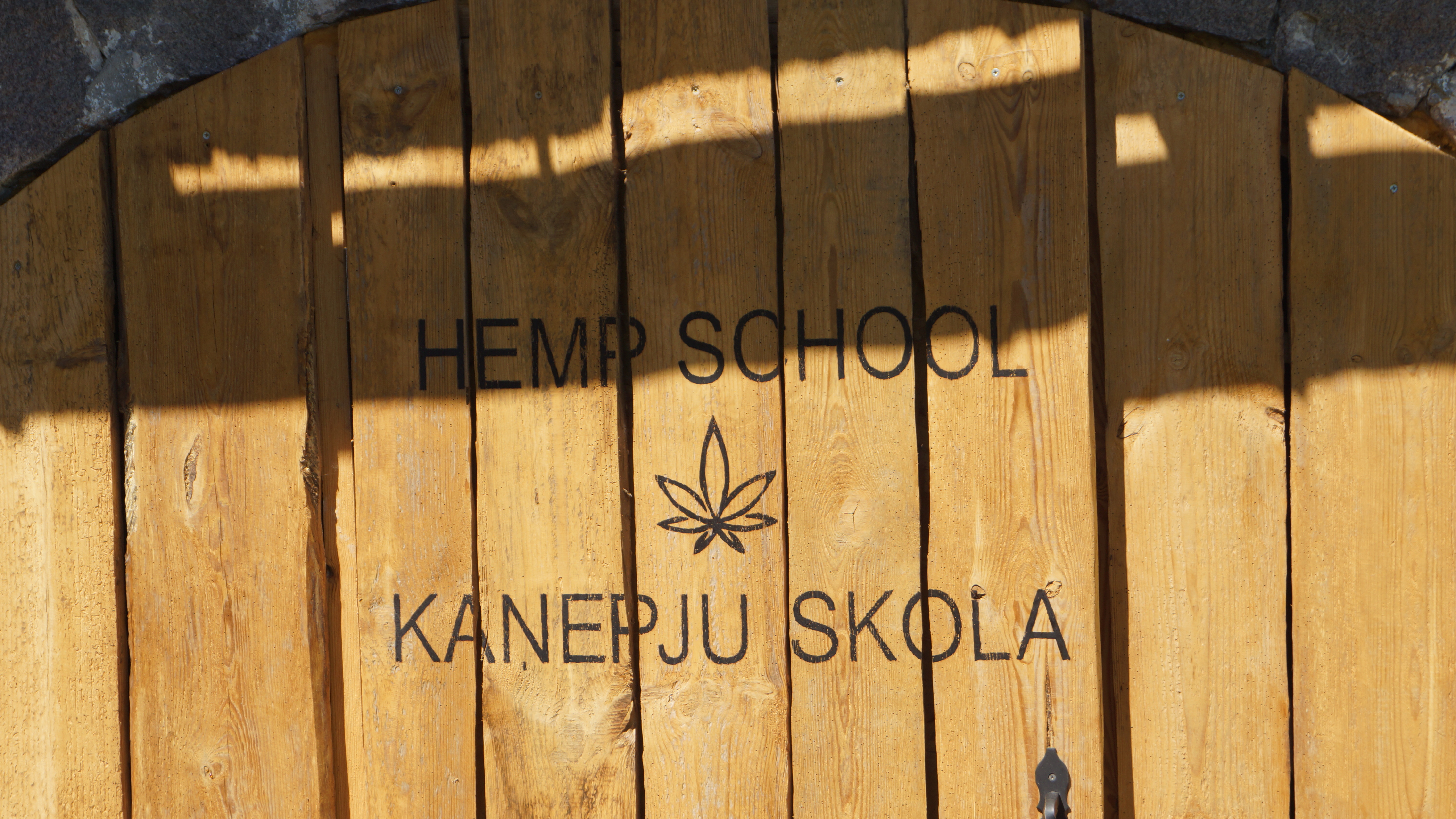
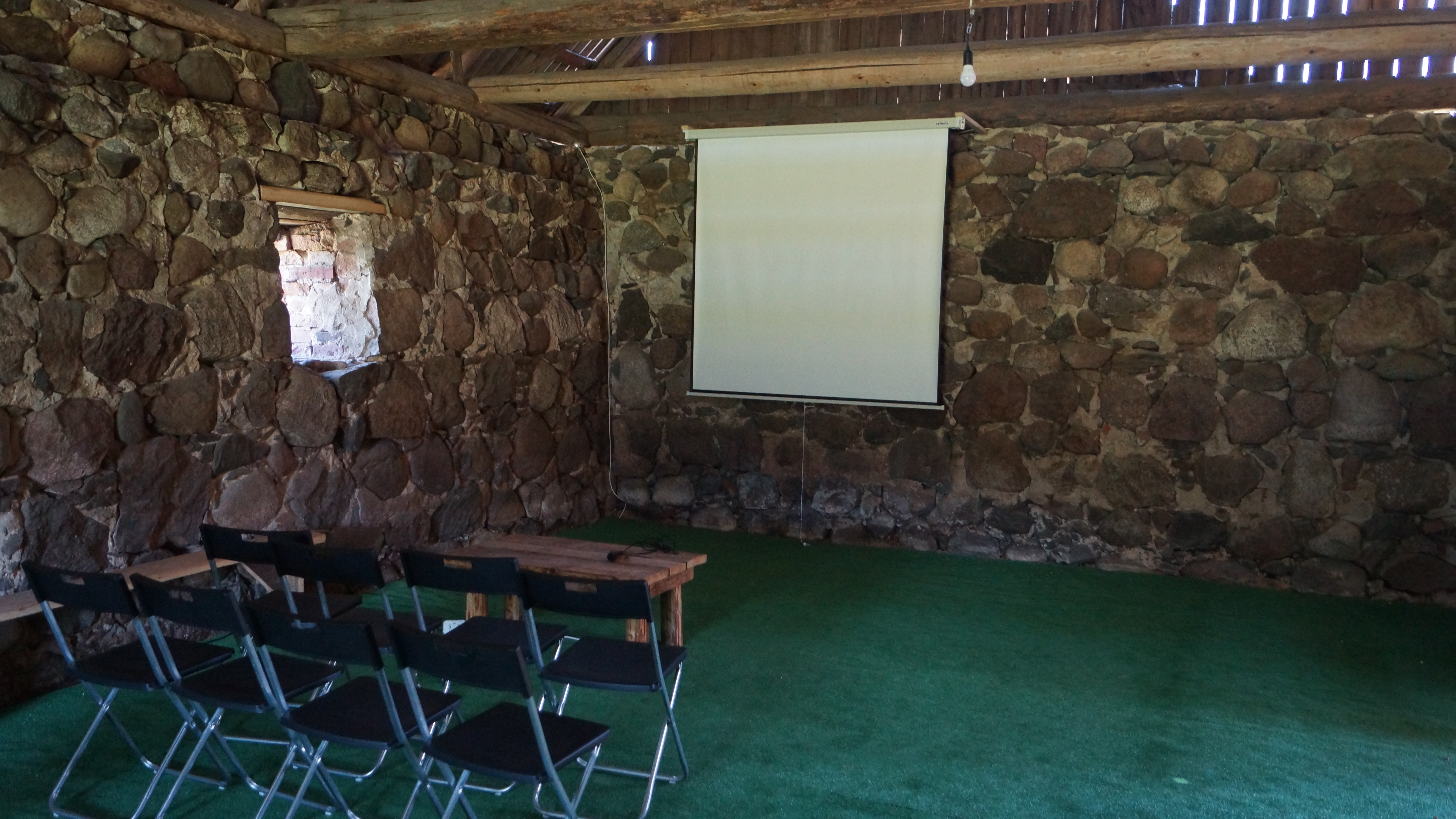
The hemp plant is a great example of how easy it could be to maintain sustainability in the day-to-day life of many people. While the individual can make use of the hemp plant on a small basis, it is clear, how good for the planet it would be, if for example construction firms would be using hemp for insulation, instead of other materials.
Sadly, it seems as if it would still be a long way to the widespread re-establishment of hemp as an everyday material, due to most governments still being really strict about the plant. If the process of getting the permission to grow hemp wouldn’t be such a difficult one, maybe more agriculturalists would be growing hemp, increasing the possibility and accessibility of a sustainable, natural material, that can be used in almost every part of our lives.
It is really important to see the plant for what it is and can be, rather than criminalizing and prosecuting it. So let’s hope, together with Andris and Deborah, that the re-growth of the hemp
plant isn’t that far away in the future, and that more people realize, how important, and also how simple it could be to integrate more sustainability into our everyday life.

Nature, Culture
Obelisk Farm in Latvia
Whenever the talk is about hemp, or as most people know it – cannabis, they rather think about the drug than the raw material. We have been at Obilisk farm in Latvia where we met a family who is fighting against those stereotypes. Especially in the light of the current development of our planet, with climate change being an issue that affects all of us, the world’s population growing from day to day and consuming a lot of resources, mostly non-renewable and non-degradable, it is of utmost importance to focus on renewable and sustainable materials like hemp. Read more about its benefits in our latest article…
German English
